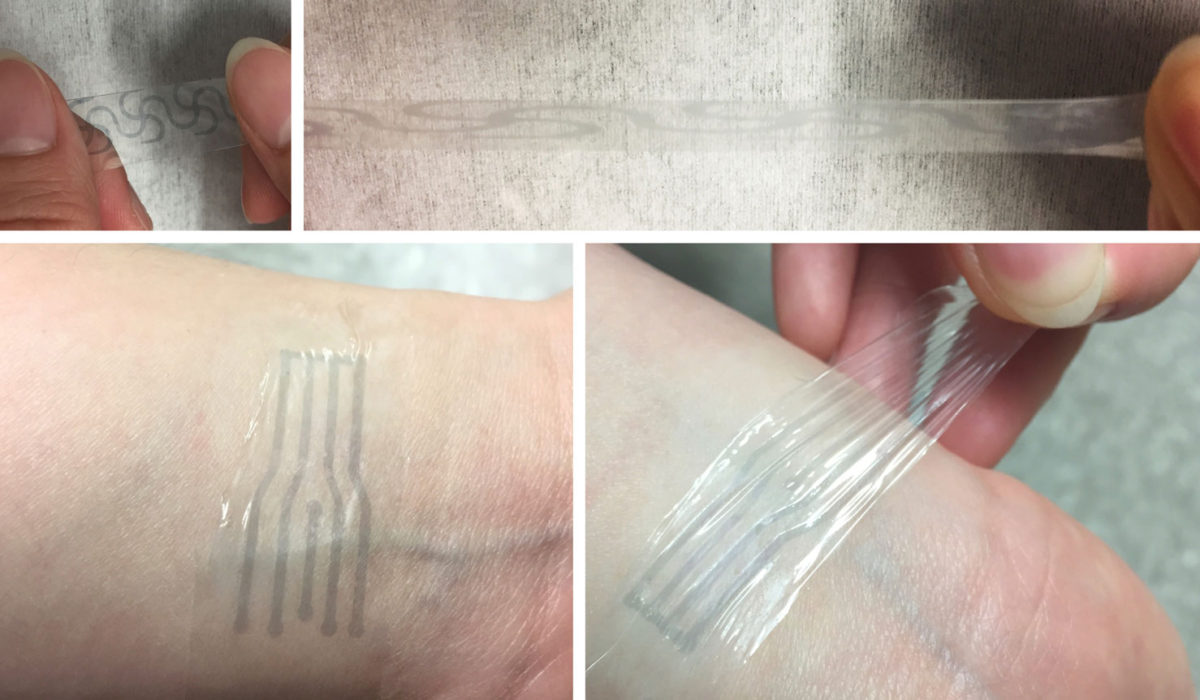Stanford professor Zhenan Bao‘s latest flexible electronic initiative is the development of a plastic electrode that stretches like rubber but carries electricity like wires. This could be improve implanted brain interfaces which require soft and highly sensitive materials.
In a recent paper, Bao’s team describes the chemical modification of brittle plastic to make it highly bendable, while enhancing electrical conductivity. A more seamless connection between stiff electronics and flexible organic electrodes in our bodies is achieved.
According to lead author Yue Wang, “One thing about the human brain that a lot of people don’t know is that it changes volume throughout the day, It swells and deswells.” Current electronic implants can’t stretch and contract with the brain, making it difficult to maintain a good connection.
Click to view Stanford University video.
Professor Bao was the keynote speaker at ApplySci’s recent Wearable Tech + Digital Health + NeuroTech conference at Stanford.
